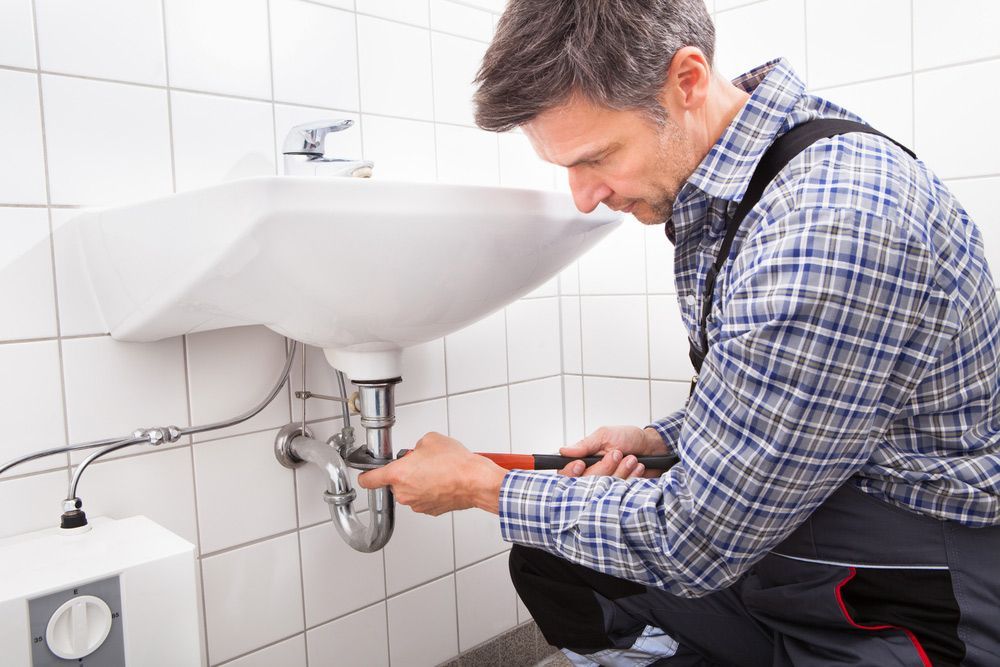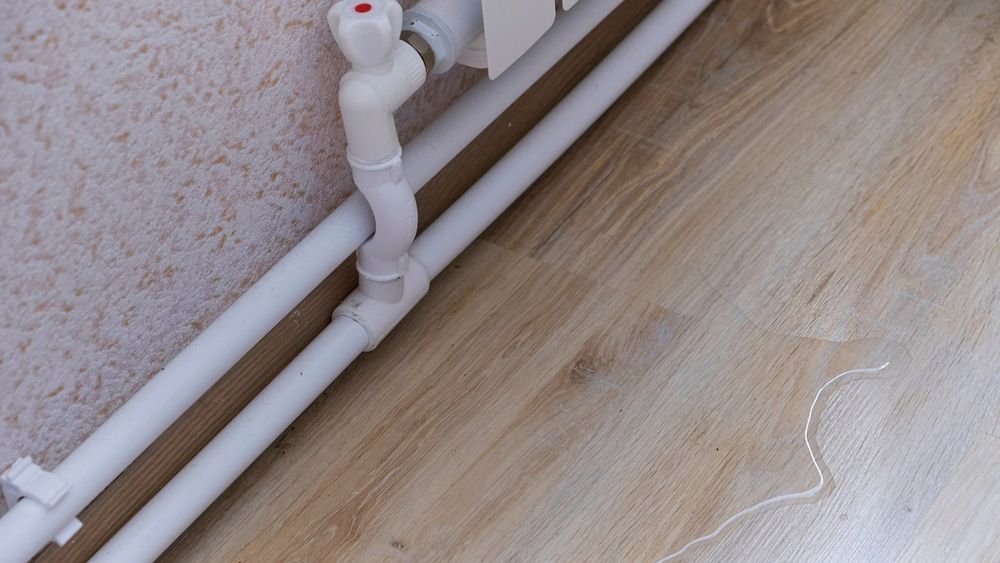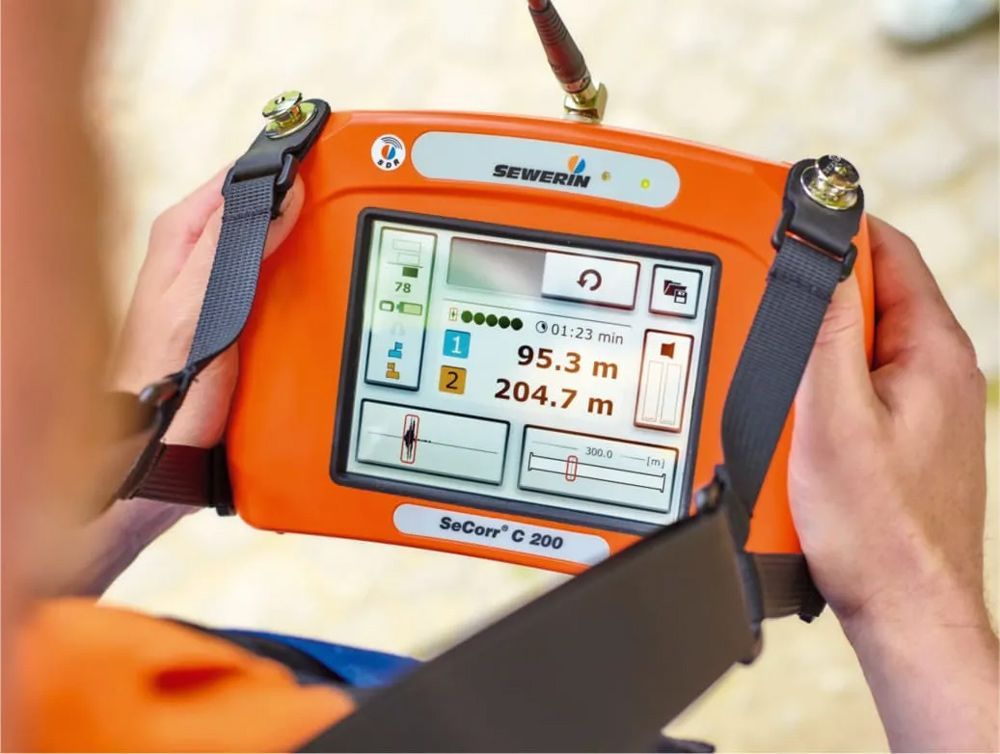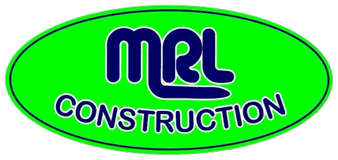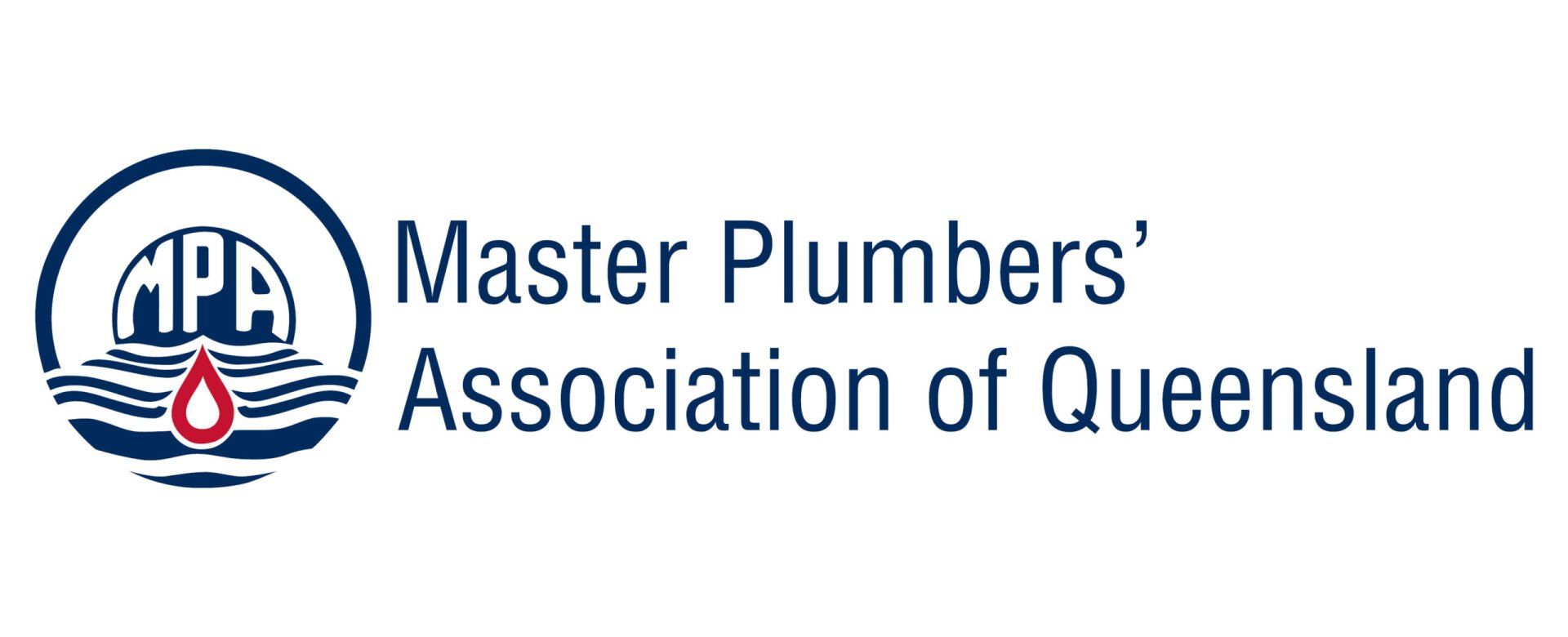When To Call A Plumber And When To Tackle It Yourself
On this page:
- Professional Expertise: Why It Matters?
- Common Plumbing Issues: When DIY Solutions Work
- The Risks Of DIY Plumbing: Understanding Potential Complications
- When Should You Call A Professional Plumber?
- Sewer Line Blockage Or Damage
- Installation Of New Appliances
- Persistent Low Water Pressure Throughout The House
- Evolving Plumbing Standards: The Increasing Need For Professional Expertise
- Reach Out To Our Plumbers In Toowoomba
Plumbing, a critical component of modern living, is often taken for granted until an issue arises. Today, the age-old debate of DIY versus professional plumbing is more relevant than ever. With the rise of DIY tutorials, homeowners are often tempted to take plumbing matters into their own hands. But when does this self-reliance become a risky endeavour? In this blog, we’ll guide you on when it's appropriate to handle the task on your own and when it’s best to rely on professionals.
Professional Expertise: Why It Matters?
The allure of DIY plumbing lies in the perceived savings and satisfaction of fixing an issue yourself. However, plumbing is a complex and often misunderstood field. Professionals bring years of training and experience, ensuring the job is done right the first time. While you might have a basic toolkit, professionals have specialised equipment that makes a significant difference in tackling complex issues.
Common Plumbing Issues: When DIY Solutions Work
Sometimes, you might be able to handle a plumbing issue yourself. Here are some common problems where a DIY approach can work:
Minor Clogs
A plunger can sometimes be effective for clearing minor clogs in toilets, sinks and bathtubs. Ensure a good seal and use firm, consistent plunges.
Loose Fittings
Tightening fittings and connections with a wrench can sometimes solve a leak. Just be careful not to overtighten, as this can cause more damage.
Low Water Pressure
Ensure the main water valve in your home is fully open. Sometimes, these valves are not turned back on completely after a repair, which can reduce water pressure.
Remember, always prioritise safety and don't hesitate to call a professional if you're unsure.
The Risks Of DIY Plumbing: Understanding Potential Complications
Engaging in DIY plumbing can seem like a cost-effective solution, but it comes with its own set of risks and potential complications. Without the proper expertise, what starts as a minor leak or blockage can quickly escalate into a major issue. Additionally, there's the risk of non-compliance with local building codes. Safety is another critical factor, as incorrect handling of plumbing tools and materials can result in personal injury or damage to your property.
Furthermore, DIY fixes often serve as temporary solutions, lacking the durability and reliability of professional work. This can lead to recurrent problems, ultimately costing more time and money in the long run. Therefore, while DIY plumbing might be tempting for minor issues, understanding these risks is crucial in deciding when it's wiser to rely on a plumber.
When Should You Call A Professional Plumber?
Certain situations call for professional intervention. These include:
Sewer Line Blockage Or Damage
Signs of a sewer line problem include multiple clogged drains, bad sewage smells or gurgling sounds from your toilet. These issues can be serious and require specialised equipment and expertise to fix.
Installation Of New Appliances
When installing appliances like dishwashers or washing machines, it's important to have a professional handle the plumbing connections. This ensures everything is installed correctly and avoids potential water damage.
Persistent Low Water Pressure Throughout The House
If you've tried the simple DIY fix for low water pressure and haven't seen any improvement, it could indicate more significant issues like hidden leaks or corroded pipes. A professional plumber can diagnose and resolve these complex issues.
Evolving Plumbing Standards: The Increasing Need For Professional Expertise
As new technologies become more prevalent, the knowledge and skills required to install, maintain and repair these systems go beyond the scope of typical DIY endeavours. Consequently, the gap between what a DIY enthusiast can safely and legally do and what requires a plumber is widening. This shift towards more sophisticated and regulated plumbing solutions means that the role of professional plumbers is becoming increasingly important. Staying ahead of these changes is crucial for ensuring safe and efficient plumbing systems.
Reach Out To Our Plumbers In Toowoomba
In conclusion, tackling minor issues might be within the scope of DIY, but for anything beyond that, professional help is a necessity. Contact our plumbers at Nicholas Wilshire Plumbing for reliable services that ensure your home's plumbing system runs smoothly and efficiently. Your home in Toowoomba deserves the best care and we're here to provide it!

